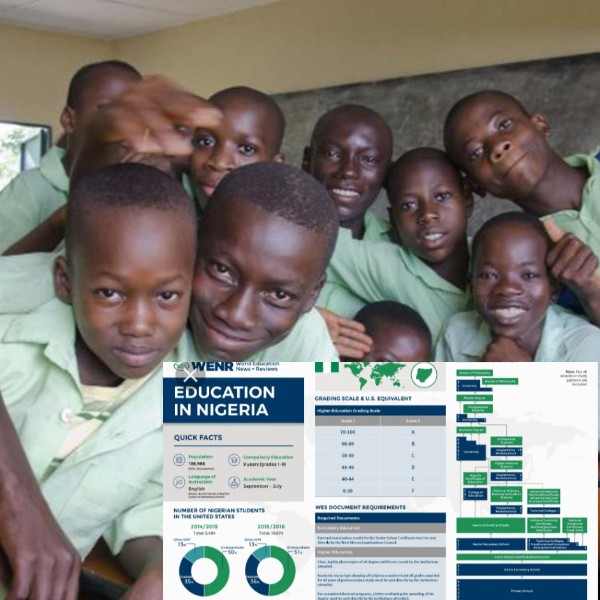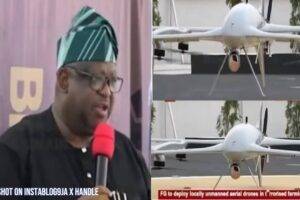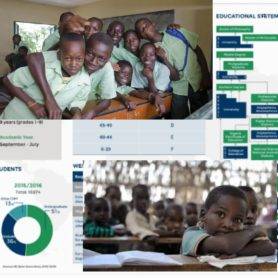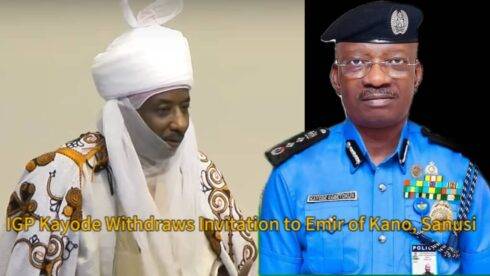Nigeria’s Education: In the wake of the Nigeria Annual Education Conference (NAEC) held in Abuja on August 11, 2023, urgent attention is required to breathe life back into the nation’s education sector. President Bola Ahmed Tinubu’s acknowledgment of the meager 5% budgetary allocation to education highlights the sector’s dire underfunding. This article explores the pressing need for revitalization, encompassing key areas such as infrastructure, teacher training, curriculum reform, inclusivity, technology integration, and strategic partnerships.
Nigeria’s Education: Current State of Education Funding
President Tinubu’s revelation that only 5% of the budget is allocated to education underscores the sector’s struggle with underfunding. Despite promises to increase it to 25%, there is a need for expeditious action to prevent irreparable damage. Adequate funding is pivotal as it directly influences the quality and quantity of educational objectives achieved.
Diverse Funding Options & Challenges in Tertiary Education
Beyond government allocation, alternative funding avenues must be explored. These include community contributions, state-imposed levies, and appeals for funding from local government officials, churches, and school authorities. The diversification of funding sources can help mitigate the challenges posed by political interference and instability.
Tertiary Nigeria’s Education faces challenges stemming from inaccurate statistical data, population explosion, and indiscipline. Accurate data collection is crucial for effective planning, while overcrowded lecture halls contribute to a suboptimal learning environment. Indiscipline, evidenced by cultism and cyber fraud, is linked to corrupt leadership and fund diversion.

Addressing Infrastructure Deficiencies:
A significant obstacle in the Nigerian education system is the dilapidated state of infrastructure. From crumbling school buildings to insufficient amenities, a substantial investment is needed to upgrade facilities. This includes providing well-equipped classrooms, libraries, and laboratories to foster a conducive learning environment.
Teacher Training and Welfare Curriculum Reformation
Recognizing teachers as the backbone of the education system, comprehensive teacher training programs are imperative. These programs should enhance pedagogical skills and keep educators abreast of modern teaching methodologies. Addressing issues related to teacher welfare, such as timely payment of salaries and incentives, is crucial for maintaining a motivated teaching force.
The curriculum in Nigerian schools requires a thorough overhaul to align with global standards. Emphasizing practical skills, critical thinking, and technology integration is essential to prepare students for the challenges of the 21st century.
Accessible and Inclusive Education & Public-Private Partnerships
Ensuring education is accessible to all, regardless of socio-economic background, is pivotal. Implementing policies that promote inclusivity, particularly for marginalized communities, will contribute to narrowing the education gap and fostering a more equitable society.
Collaboration between the government and the private sector can play a pivotal role in revitalizing the Nigeria’s Education sector. Partnerships can bring in additional resources, expertise, and innovative solutions to address systemic challenges.
Technology Integration
Incorporating technology into the Nigeria’s Education system is crucial for preparing students for the digital age. This involves providing schools with necessary infrastructure and integrating digital tools into the learning process. Thorough technological training for teachers is essential to elevate the education system to global standards.
Monitoring and Evaluation:
Implementing a robust system for monitoring and evaluating the effectiveness of educational policies is essential. Regular assessments will help identify areas of improvement and ensure that revitalization efforts yield the desired outcomes.
Revitalizing Nigeria’s education sector demands a collaborative effort from the government, educators, and the private sector. By addressing infrastructure deficiencies, enhancing teacher capacity, reforming the curriculum, promoting inclusivity, embracing technology, fostering partnerships, and implementing effective monitoring mechanisms, Nigeria can pave the way for a more vibrant and sustainable education system, ultimately contributing to the nation’s socio-economic development.
Table of Contents
Discover more from OGM News NG
Subscribe to get the latest posts sent to your email.














